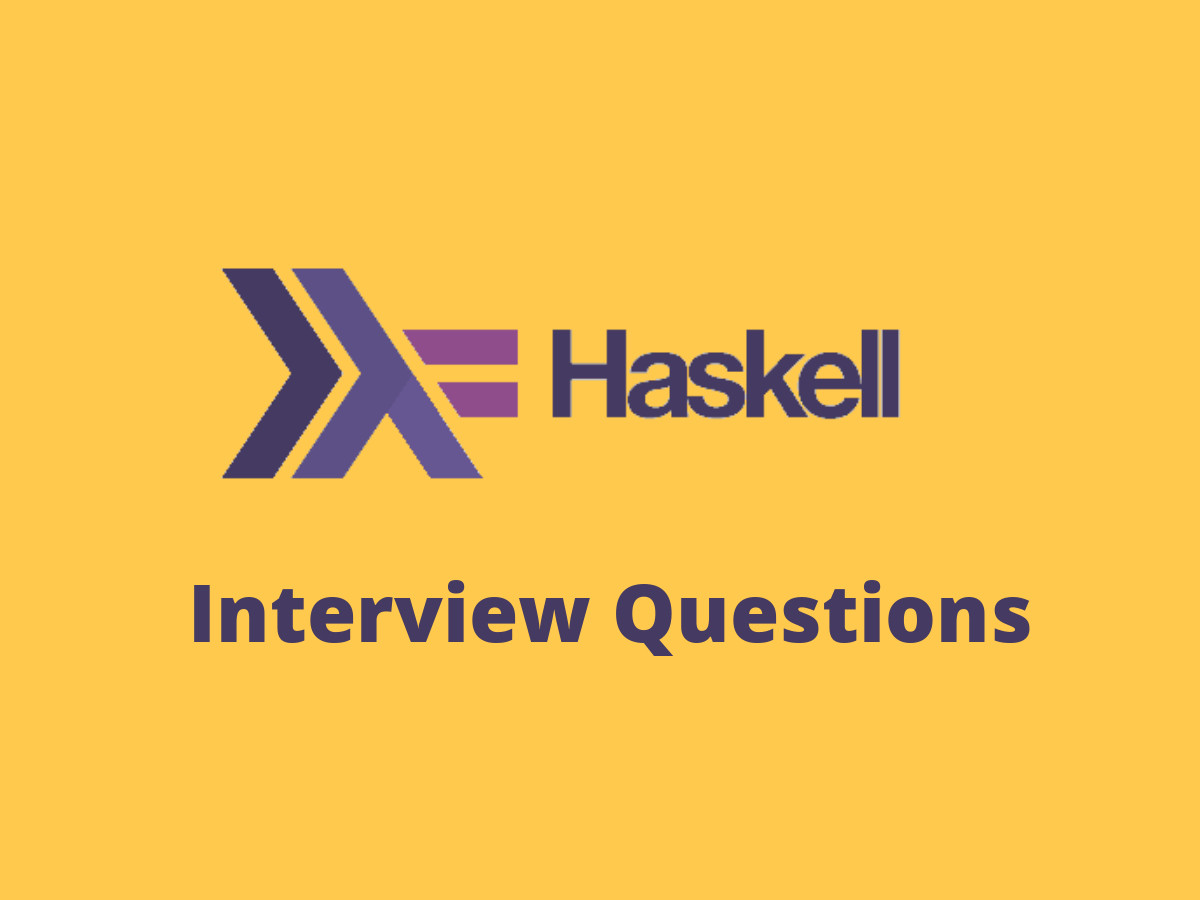In today's tough competition it's quite difficult to clear any interview. Haskell is one of the advanced programming languages, which provide easy integration with other languages, built-in concurrency, and rich libraries. It is perfectly suited for data analysis and proprietary business logic, enhancing current software with correct codification and scalability and performance.
There are various Haskell jobs in the market but to get selected in the job you need to clear the interview. Questions difficulty level can be different for fresher and experienced one. Freshers may get easy and simple questions whereas experienced candidates have to go through higher-level questions. So whether you are experienced or fresher, you need to prepare for the interview.
Having an interview with Haskell programming and thinking about the questions, which can be asked by you during the interview, come on we are here to sort out this issue for you. Go through below given questions, which might help you during the interview.

